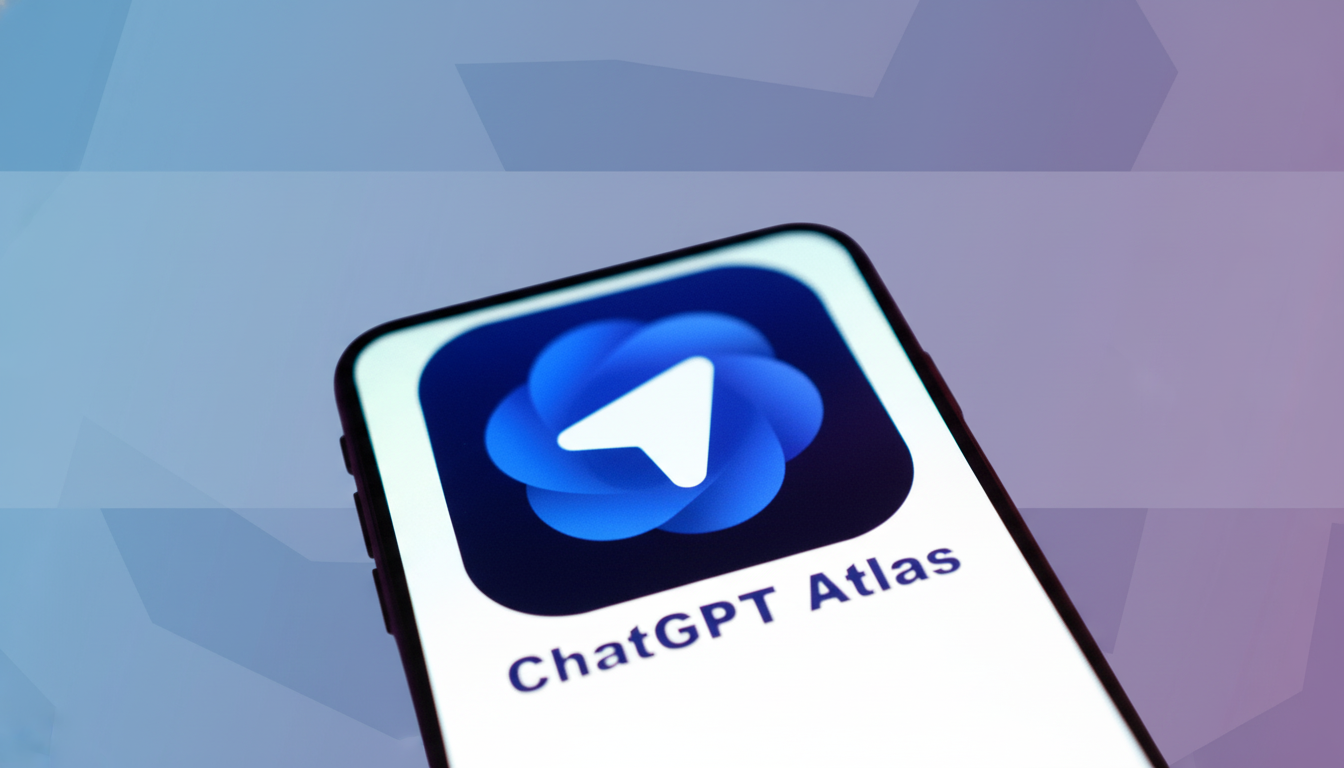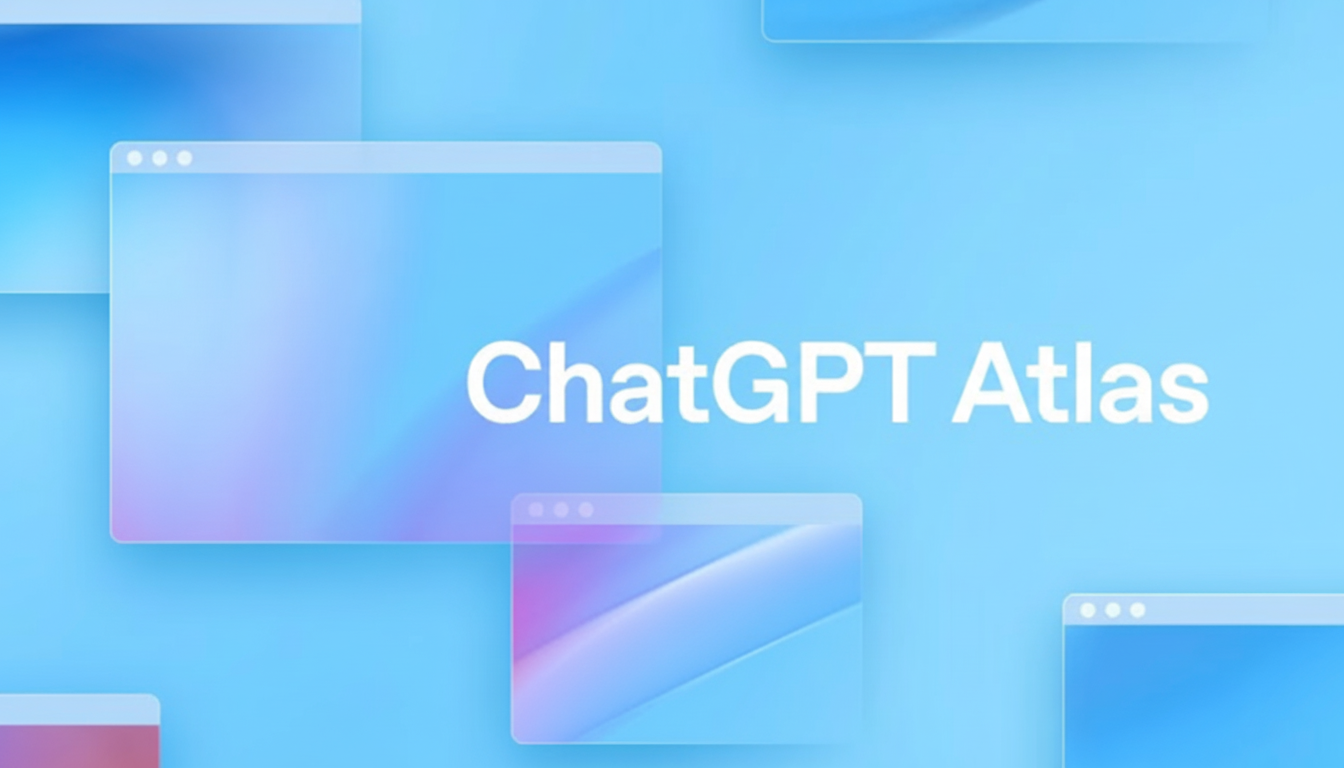OpenAI’s new Atlas browser has been put under critical security due to a clipboard injection attack shown by a security researcher, Pliny the Liberator, which could surreptitiously redirect users to phishing destinations or alter sensitive data pasted by users.
The case illustrates a broader risk confronting “agentic” browsers, those that automate clicking and filling in forms, as ordinary web security concepts can fail in unexpected ways.

Pliny shared a clip of his exploit. The rephrased web page authored in response to his browser agent’s click will write text to the system clipboard.
The vast majority are made possible through explicit user gestures on standard browsers. However, an automated agent “click” can allow them to perform the write.
According to them, that means the next time you paste anything—like putting a URL into the address bar, a wallet address into a crypto app, or login information into a form—the pasted content may be replaced by a phishing connection or an attacker-controlled value.
This attack pattern is a web-enabled simulation of a long-understood type of attack that was most typically utilized among Windows and macOS malware, called clipboard hijacking. The clipboard threat is mapped to MITRE ATT&CK Clipboard Data technique in a threat modeling context.
This attack type describes instances where attackers read or alter clipboard contents to exfiltrate or substitute sensitive data. Automated operations cloud the line between dependable and unreliable taps in the browser context, intensifying the danger.
Atlas is one of a wave of AI-driven browsers that offload tasks to an on-page botlet that can browse sites, clicking buttons and filling out forms. The security attack surface is a different one than.
Time-honored defenses—particularly prompting the user before they’re allowed to write to the clipboard—can be easily satisfied by the agent, placing malcontents on a strong footing that few expect of even cautious human users.

Other agentic projects have had similar issues. The rise of new AI-based browsers and assistants has prompted security researchers to raise similar issues about those products, while established browser makers have pointed out that agent workflows are susceptible to prompt injection attacks as well as UI redressing attacks. Go to Brave, which has publicly detailed how adversarial web content can lead AI agents astray into unsafe behaviors, highlighting more of a trend than an isolated bug.
The big picture is important here: Verizon’s Data Breach Investigations Report has consistently reported human involvement—namely, social engineering, misuse and error—in most of the breaches they’ve cataloged over time, pointing out that more recent versions have attributed around 68 percent of incidents to this factor. Agentic browsing moves some “human” steps to automation, but does not eliminate manipulation risk; it just changes the UI elements adversaries attack.
Real-World Stakes and the Most Likely Targets
For paste actions that are of high value, clipboard hijacks can be even more dangerous. Attackers commonly target:
- Login URLs and session tokens, redirecting to domains attempting to steal your credentials for the service in question.
- Crypto-wallet addresses—the malware swaps intrusion victims’ wallet addresses for attacker-controlled ones; this is a prominent malware tactic on desktop.
- Payment streams, where a pasted IBAN, routing number, or invoice link might be swapped at the last moment.
And in enterprise environments, where AI agents can help with research or procurement or support workflows, the downstream effect could mean credential theft, or poisoned data pipelines if nefarious links are pasted into internal tools.
What Atlas Users Can Do Right Now To Reduce Risk
For now, treat pasting as a security-sensitive action when browsing with agent features enabled.
- Look before you paste: hover over or preview the clipboard (if your operating system allows it)—and retype from memory crucial URLs when you can.
- Implement FIDO2 or app-based MFA, lessening the impact if a user is phished for their credentials.
- Pause agent automation on unknown sites, and let your agent summarize for you, but do the clicks yourself on high-risk pages.
- Turn off the cross-device clipboard sync for sensitive sessions and erase the clipboard after pasting secrets.
- Maintain endpoint protection; some EDR tooling can catch suspicious clipboard activity or script abuse.
What Structural Elements Need To Be Addressed
This kind of bug can be fixed. Security engineers identify a number of guardrails that can meaningfully mitigate the risk in agentic browsers:
- Robust clipboard gating: require user confirmation for any site-initiated writes to the clipboard from an agent, and surface a clear, unmissable toast showing what was written.
- Per-origin clipboard policies: enable users and organizations to allow or deny clipboard writes based on site category, with safe defaults for unknown content.
- Agent sandbox: isolate the agent interaction context from the user system clipboard with a virtual clipboard that is only synced when users give approval.
- Action allowlists: limit agent clicks and form submissions to a set of approved UI elements, with model prompts being shielded from prompt injection and abuse of tools.
The solution will lie simply in adopting OWASP recommendations around client-side security and considering agent actions as privileged operations rather than those indistinguishable from user gestures.
The Bottom Line for Atlas and Agentic Browser Safety
Atlas’s clipboard inject hazard should be a wake-up call to the entire agentic browser category. Automation has its trade-offs, where speed and convenience are generally the default answer: but any new facility must also be equipped with explicit protection for the clipboard itself (and for other barrierless system bridges), wherever it goes. Until such protections are installed, paste carefully and limit agents as much as possible.

